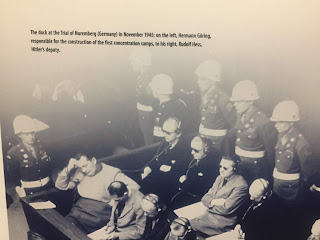Within the local church, people know they live in a time of immense change. They are confused by these changes and conflicted about what to do with it all because they see and feel going on is so deep and disturbing.
A buisness man\woman leaves work at 6.30 am and is back home at 7.30p.m with little time for family. Weekends are spent on housework shopping and childrens sport. At work she\he is responsible for employees, many of whm are about to loose their jobs due to outsourcing overseas. she wonders about the church he\she has lnong known. How do they make sense of being christian in the midst of all this.
Space for Conversation:
Where do we give space in our churches for people to talk about these realities.
Classical Pastoral care is the key to give people a voice. Pastoral care at its best is about asking the question, "How is your soul?"
This might involve connecting with people on a regular basis without an agenda asking questions that are genuinely open ended, and inviting people to share something of what is happening in their lives.
This is how church leaders can genuinely begin to create an environment in which people feel 'listened into free speech'.
Our experience is that other people rarely ask us about our lives at a deeper level than "Hi how are you?" unless they want something from us. What would it be like to cultivate a church in which people ask deeper questions without strings attached.


















































